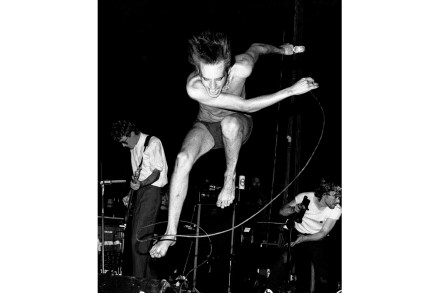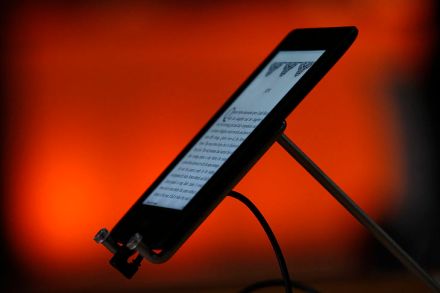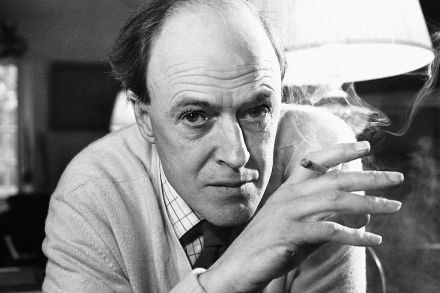Don’t cancel Beatrix Potter
I spoke too soon. Beatrix Potter, I suggested in an afterword to my 2016 biography of the author and illustrator, had escaped the distortions of sexual and racial revisionism that now blight so many eminent and long-dead British writers. But no longer. Last week a specialist in postcolonial literature at a northern university accused Potter of failing to acknowledge her indebtedness to an oral storytelling tradition of enslaved Africans working on American plantations. Welcome, please, a new Potter for the 21st century: exploitative, colonialist, dishonest. Potter’s concealment, claims Dr Emily Zobel Marshall, ‘[feeds] into a damaging and recurring appropriation of Black cultural forms that continues today’. Blimey. Zobel Marshall’s hypothesis




















